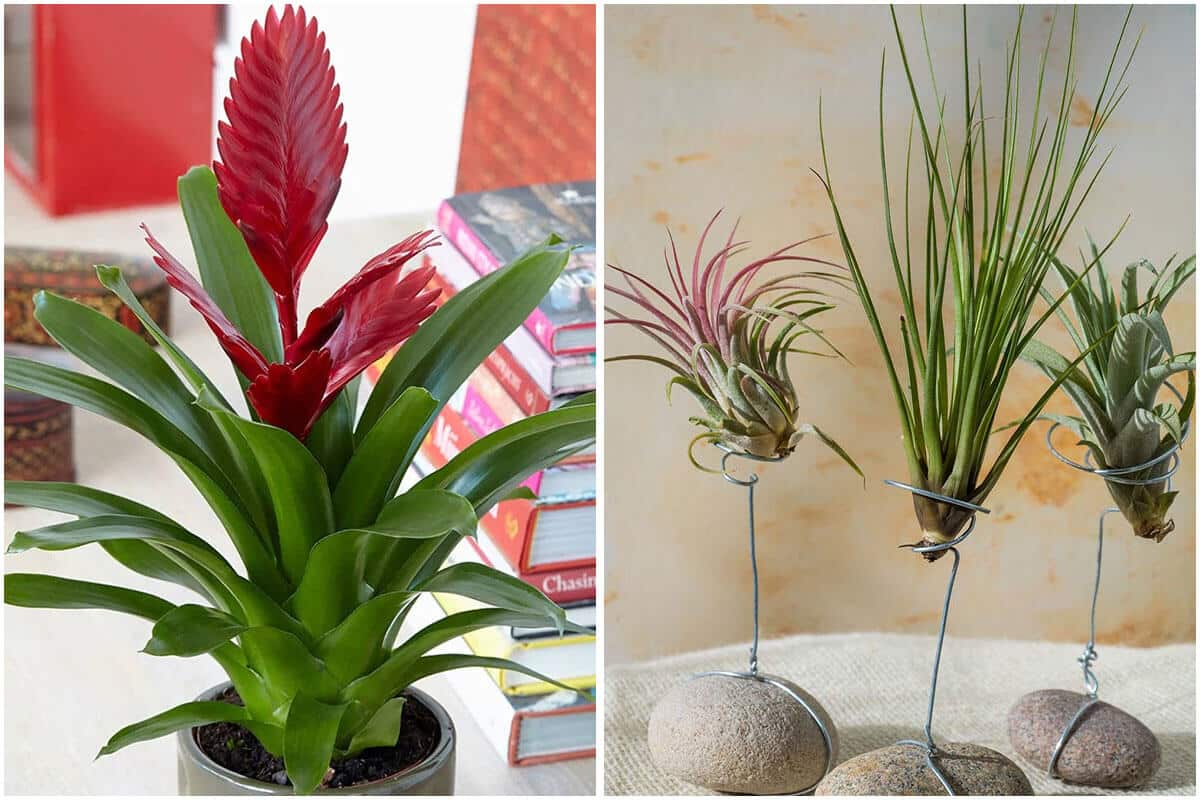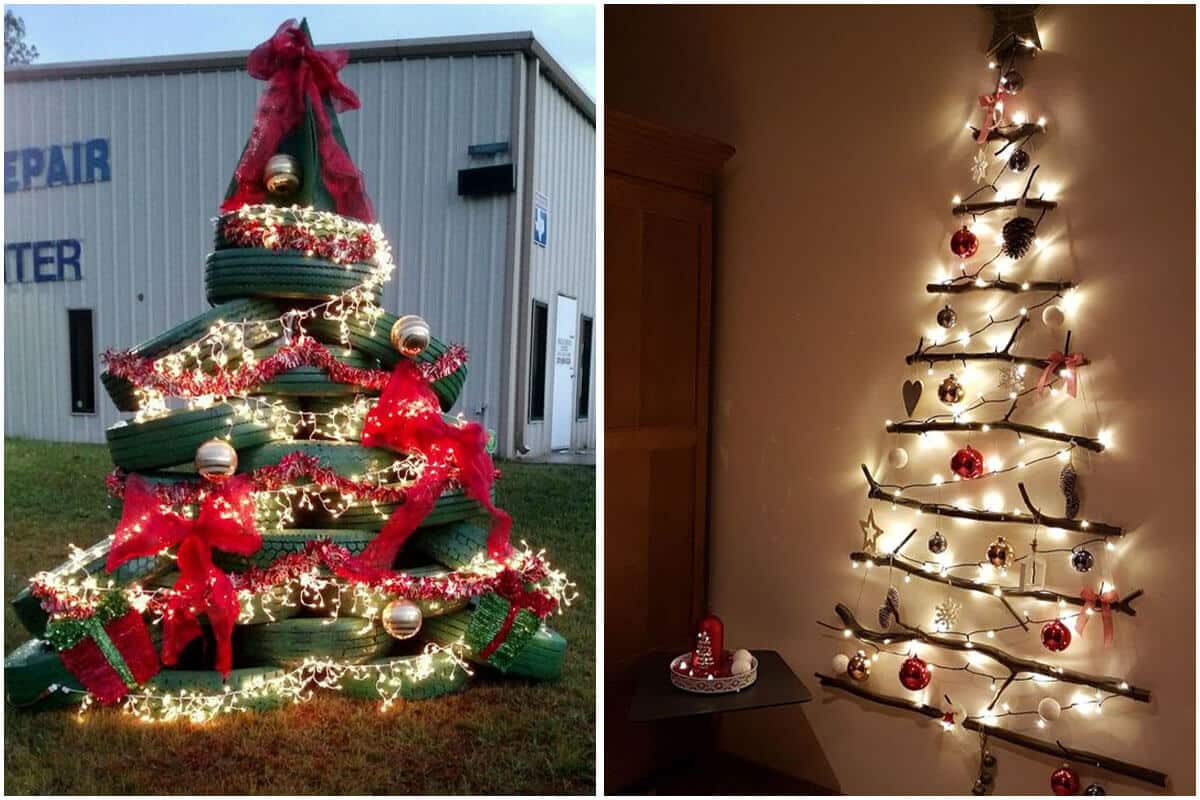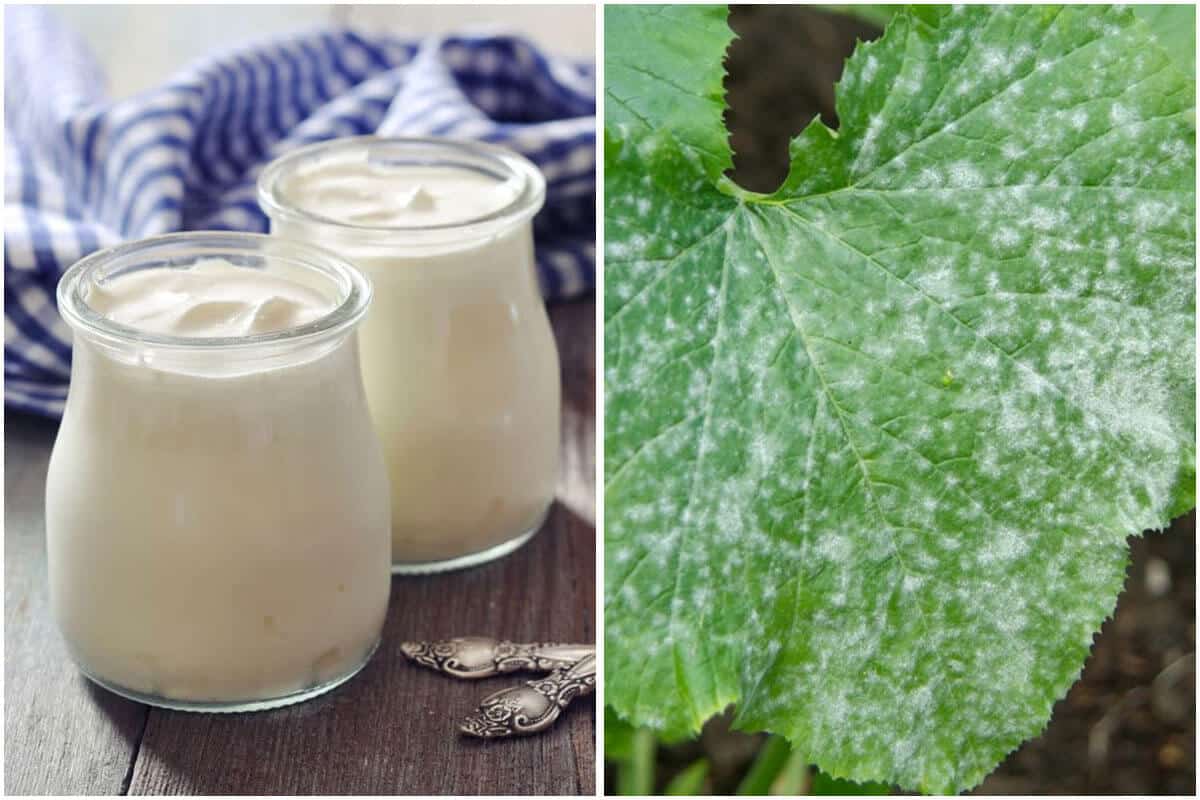Most gardeners often use chemical fertilizers to grow plants. This is an economical method, but it goes against the standards of quality, environment, and health. If you are looking to develop your own garden, why not make your own organic fertilizer instead of buying expensive fertilizer from stores. It’s easy to do, cost-effective, and safe.
And in the post today, we want to write about bone meal fertilizer as well as its uses for your crops. This organic fertilizer can serve essential nutrients for the growth of plants such as phosphorus, calcium, nitrogen, balances out other amendments… these are good for the growth of plants. Thus, that is the reason why they can help your plants healthier and more productive. Let’s stop throwing bones out, save and transform this scrap into useful fertilizer. To know its uses clearly, keep reading below.
#1 Great Source of Phosphorus

Most people who add bone meal to their soil do so to boost the levels of this critical nutrient. Bone meal is approximately 15% phosphorus. This benefits root growth, cell division, seed growth, and prevents your plants from becoming stunted.
#2 Contains Calcium

Calcium is an essential component of healthy bones, which means that bone meal contains plenty for the benefit of your plants such as adding calcium to your plants, preventing blossom end rot, and promotes new growth in roots and stems.
#3 May Contain Nitrogen

Natural bone meal contains only trace amounts of nitrogen, usually about 0.7 to 4 percent. However, if you buy a pre-made bone meal, it’s likely to have nitrogen added to it. This gives your plants a nutritional boost from a well-rounded soil amendment.
#4 Balances Out Other Amendments

Most common garden amendments like compost and manure are high in nitrogen but low in other critical nutrients like potassium or phosphorus. And adding bone meal to the soil balances out these inequalities without you overpowering your soil with any one compound.
#5 Suitable for Organic Growing

Bone meal improves the soil structure by increasing the concentration of beneficial soil microbes. These microbes make soil nutrients more accessible to plant roots, which in turn leads to faster growth, a better root system, and fewer days to maturity.
#6 Acts as a Slow Release Fertilizer

The bone meal takes a long time to break down, which means it gives your plants consistent access to phosphorus throughout the growing season. It means you can apply it once and get it off your mind until you begin next year’s garden.
#7 Boosts Health of Flowering Plants

Plants need phosphorus to flower, which is why gardeners commonly use a bone meal for ornamentals like roses and bulbs. Some gardeners also apply bone meal to the base of their plants just as they are blossoming to help them set fruit.





